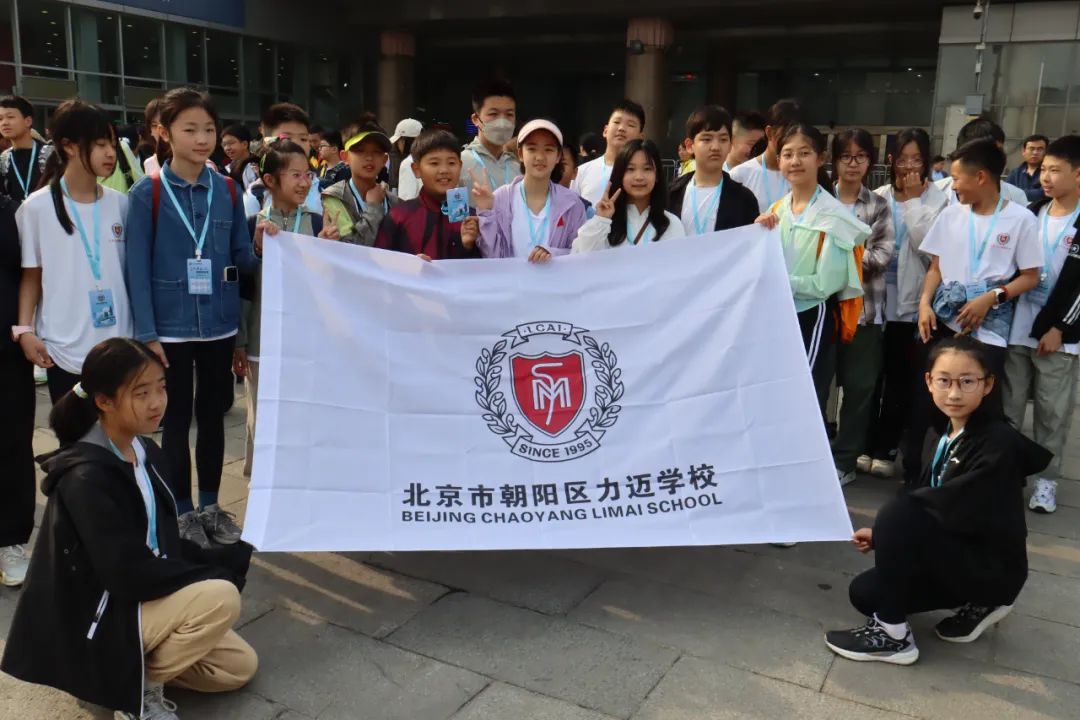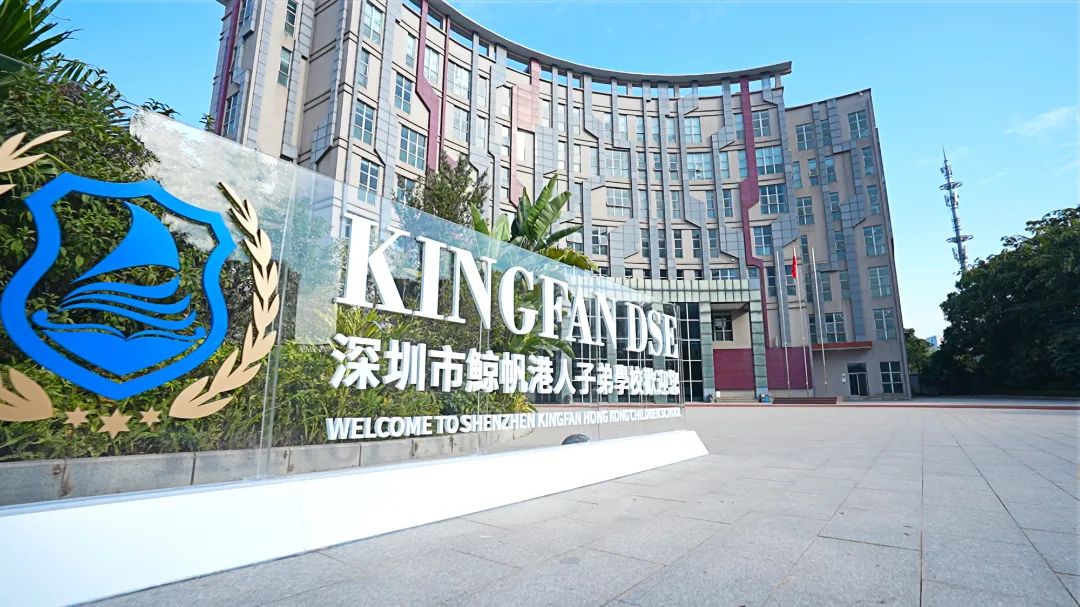Sharing the Planet is our second transdisciplinary theme we explored in this term. It’s an inquiry into rights and responsibilities in the struggle to share finite resources with other people and with other living things;communities and the relationships within and between them;access to equal opportunities; peace and conflict resolution.
In the UOI celebration, students from different grades presented their learning to members of the learner community. Let us look together.
CI: The survival on living things depends on how they respond to change.
Students have worked conscientiously throughout this unit, and it is very evident, they have used their knowledge on how plants grow during the unit to grow their own plants, which was a success. They showcased their own living plant as well as share their knowledge on how they nurtured their plants to grow in addition to identifying their growth stage.
On the UOI exhibition, students were grouped in 4 teams: Team life cycle; Team How a plant eats; Team Vegetables and Team Parts of a Plant. The grade 2’s visited their exhibition, they looked at their posters and asked them questions concerning their plants and posters. Students knew their roles within their groups they were able to answer questions about their posters as well as telling other peers about the plants they planted.
It is safe to say Grade 1s will take care of our planet and no one will go hungry when they are around, good job little farmers!
Animal Kingdom
Endangered Animals
CI: The survival of species on Earth depends on environmental conditions.
ASJ’s amazing Grade 2 students tuned in, found out,sorted out, went further, made conclusions and took action while exploring the world wide web to find prudent information pertaining to their Endangered Animals for the end of the unit celebration. Students asked questions, researched valuable information tirelessly about their specific endangered animal, and presented to the ASJ community. Students flawlessly identified how some humans are the reason for some animals being endangered.
For example, a Big Eyed Tuna is endangered because of overfishing unfortunately too many are taken from the ocean which leaves their environment unbalanced. African Forest Elephants are endangered because of deforestation which is the destruction of their habitat also poaching decreases their numbers because they’re killed for their ivory tusks which are sold to concoct medicine and even jewelry. Researching is a critical life skill that students utilize inside and outside of the classroom for the rest of their lives.
I’m extremely proud of how quickly they’ve understood the concept knowing their efforts will bring awareness for endangered animals!
CI : People use natural resource and it affects the sustainability of the society.
In UOI, children are encouraged to think positively and develop their thinking, social and communication skills through action.
So, this unit explores the central idea ‘people use natural resources, and it affects the sustainability of our society’. An early exploration of this topic allowed children to under the role of rational consumption in our lives.
On this basis, the children want to realize the recycling of old things through the flea market, participate in the circular economy, and practice the concept of supporting the community through preventing pollution.
By selling 2nd hand items from their homes, students had the opportunity to get an in-depth understanding of the topic of producer and consumer inquiry.
From previous studies in supply and demand, children knew that their kid-demographic customers would want toys, books, stationery and clothes. This allowed the action to be a demonstration of Grade 3 saying no to unreasonable consumption.
When asked about why they were doing this flea market for their action, many kids were proud to answer that they were supporting their community.
CI: People are entitled to the opportunities offered by society, and are responsible for promoting the balanced development of society.
Students produced a self-made book in groups about the topic “Sharing the Planet.”. They had to choose one sustainable development goal (SDG) that shows how humans can share the planet equally. They had to write and illustrate the book and promote a positive contribution to their SDG.
Students went on a mini-field trip to the library for this task and learned what a book is and has: a title, subtitle, author, price, table of contents, and bar code. Students also had to exemplify collaboration skills, showing care and balance. They took on different roles, such as illustrator, writer, co-writer, editor, and creator. Students did extremely well for this and showed care for each other as well as the planet by highlighting environmental problems.
The groups made really beautiful and creative books that showed their learning and understanding about each human’s responsibility for a shared, healthy, and sustainable planet.
Learners also made a poster as a background for their books and displayed them at a book fair in the library to a wide school audience. The background poster stated the group members names, their SDG, their book title and goal, as well as decoration. Students practised their presentations and included an educational message in their work and presentations about helping others, saving energy and resources, or protecting the planet. Through this assessment, students practised their social and communication skills, as well as empathy and sympathy for other students who needed support.
CI: Public emergencies affect social life and operations.
The 9th of November was an exciting and insightful day as the G5 students embarked on a field trip to Guangzhou Science Centre as part of their inquiry process. This was an experience where students connected the theoretical learning to real life experience. The experience contributed largely to the successful and exciting UOI exhibition.
The exhibition brought us to the conclusion of Unit 2 about Public Emergencies, a process which was both interesting, at times stressful, but filled with fun facts and knowledge gathering process.
The exhibition/action day was marked with saw a display of works and knowledge, demonstration of different scientific experiments like how to create your own DIY seismograph which can detect and record movements on the ground, movements which may be indicators of mild or violent earthquakes.
Students also help information session where they explained how to deal with public emergency to visitors. They also had samples of emergency kits which serve as preparedness for emergency, especially for people who live in emergency prone areas. Global warming and climate change were also cited as reasons why it is advisable for most people to always have an emergency kit ready for possible eventualities.
The highlight was the demonstration of their scientific learning where a volcano model was built, followed by the demonstration of a volcanic eruption.
The post action day reflection proved how exciting learning is, as students articulated how happy they were to see people interested in what they had to share. They were very proud to have been able to demonstrate their knowledge to both their senior and junior schoolmates.
Another exciting confirmation of the beauty of inquiry based learning is in the bag!
CI: The generation and resolution of conflicts change people's lives.
Students explored how conflicts between people can affect everyone. They looked at how these conflicts start and how finding solutions can make a big difference for individuals and communities. The goal was to help students understand why conflicts happen and how making peace is really powerful.
Students learned about the reasons behind fights and disagreements, like things from history, politics, money, and how societies work. They saw examples from the real world to understand that conflicts are usually a mix of old problems, unfairness, and differences in how people live.
IB aims to develop inquiring, knowledgeable and caring young people who help to create a better and more peaceful world through intercultural understanding and respect. Maintaining world peace is not only the wish of all of us, but also the responsibility of each of us. Learning to find and solve various conflicts in life, saving various resources of nature, protecting biological diversity, and realizing sustainable development of human beings and nature require each of us to pay our own actions.





